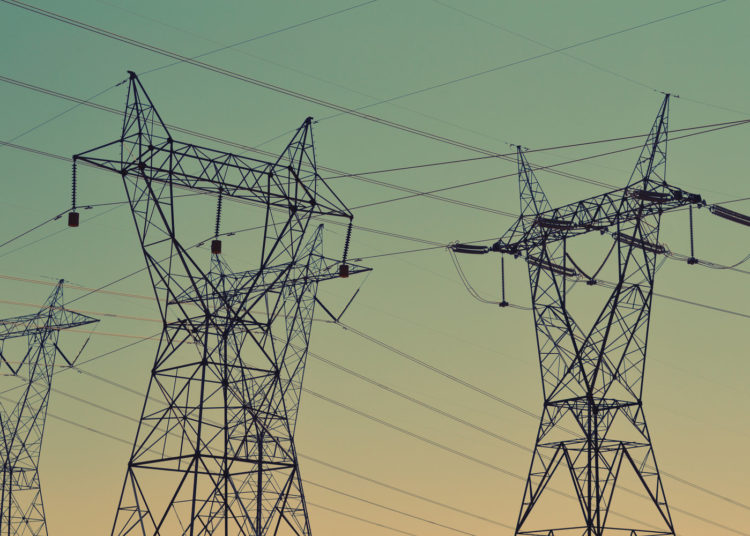For most Nigerians, the country is in a season of strikes. Hardly a day passes without the news of a fresh strike or threat of it. Ongoing ones seem unending.
Virtually all the unions in all sectors of the country have at one point or another either gone on strike or threatened to do so, except, of course the media
Some commentators argue that the blame for the restiveness within the Labour movement is not the fault of the incumbent administration. Like previous ones before it, they posit, the Buhari administration inherited decades of rot in the Nigeria enterprise.
Even at that, it seems to have done a terrible job of managing the enormous liabilities it inherited while squandering the goodwill it had upon assumption of office almost eight years ago.
While the ASUU strike which has practically paralysed the already deficient tertiary education system continues to linger, the National Union of Electricity Employees (NUEE) declared plans to embark on a strike, specifically threatening to shut down the power grid, though short lived, caused enormous damage while it lasted.
The workers complained about the alleged failure of the federal government to pay the entitlement of former staff of the defunct Power Holding Company of Nigeria (PHCN) in December 2019. But there was a more underlying reason for their action.
In a circular entitled “call to action”, Joe Ajaero, the general secretary of NUEE, instructed the workers to ensure total compliance, promising to paralyse operations of TCN across Nigeria over anti-masses activities.
The circular read in part, “You are hereby enjoined to mobilise immediately for serious picketing of TCN Headquarters and stations nationwide over the directive by the TCN Board that all PMs in acting capacity going to AGM must appear for a promotion interview.
Nigeria Needs 30,000MW For Stable Power Supply – Association
“This action takes effect from Tuesday, August 16 2022 and total withdrawal of services commences on Wednesday, August 17 2022. Ensure full compliance in all the stations nationwide.”
While the government was left scratching its head on what to do, the entire country was thrown into a total blackout as the electricity union made good its threat.
For effect, they deliberately released videos on their shutting down the power grid on social media, chanting protest anthems to back their action. The video showed deliberate attempt to damage equipment.
The members of NUEE at the Transmission Company of Nigeria, TCN, were seen in the video shutting down the system carelessly. Although the action has been suspended for two weeks, its impact was felt across the country.
TCN disclosed through its general manager, Public Affairs, Ndidi Mbah, that several 330kV transmission lines and 33kV feeder-lines across the power system network were switched off.
Although the strike was called off hours later, the damage had already been done even as the country is yet to measure the extent of the impact.
First, we do not object to strike as a last resort to negotiations during industrial disputes. It, when judiciously and conscientiously used, remains a veritable means to achieve more positive outcomes for workers.
But we believe that shutting down of the power grid was a step taking too far. It is outrightly condemnable. It is highly regrettable that the workers resorted to shutting down the power grid and for good measure exposing the country to attacks. In a period of heightened security concerns, it was absurd to see workers take such an action which smacks of sheer unpatriotism and sabotage.
Even worse was the glee with which they carried out their protest. There was no attempt on their part to be disciplined as they handled equipment with callous disregard and in blatant disregard for the rules of engagement in such circumstances.
However this incident calls to question the decentralisation of power generation, transmission and distribution system in the country. We believe it is high time electricity is removed from the exclusive list as suggested by some prominent Nigerians in the wake of this sad incident. Every geo-political region should be allowed to operate their own grids and be able to maximize available local resources.
But in the meantime, the government whose obvious inability to address issues has led to this unfortunate scenario really needs to get its act together.
With the strike suspended for two weeks, we urge the government to go all out and avert a repeat of such action, which is clearly inimical to national security and an additional burden in the midst of the worsening economic crisis.





